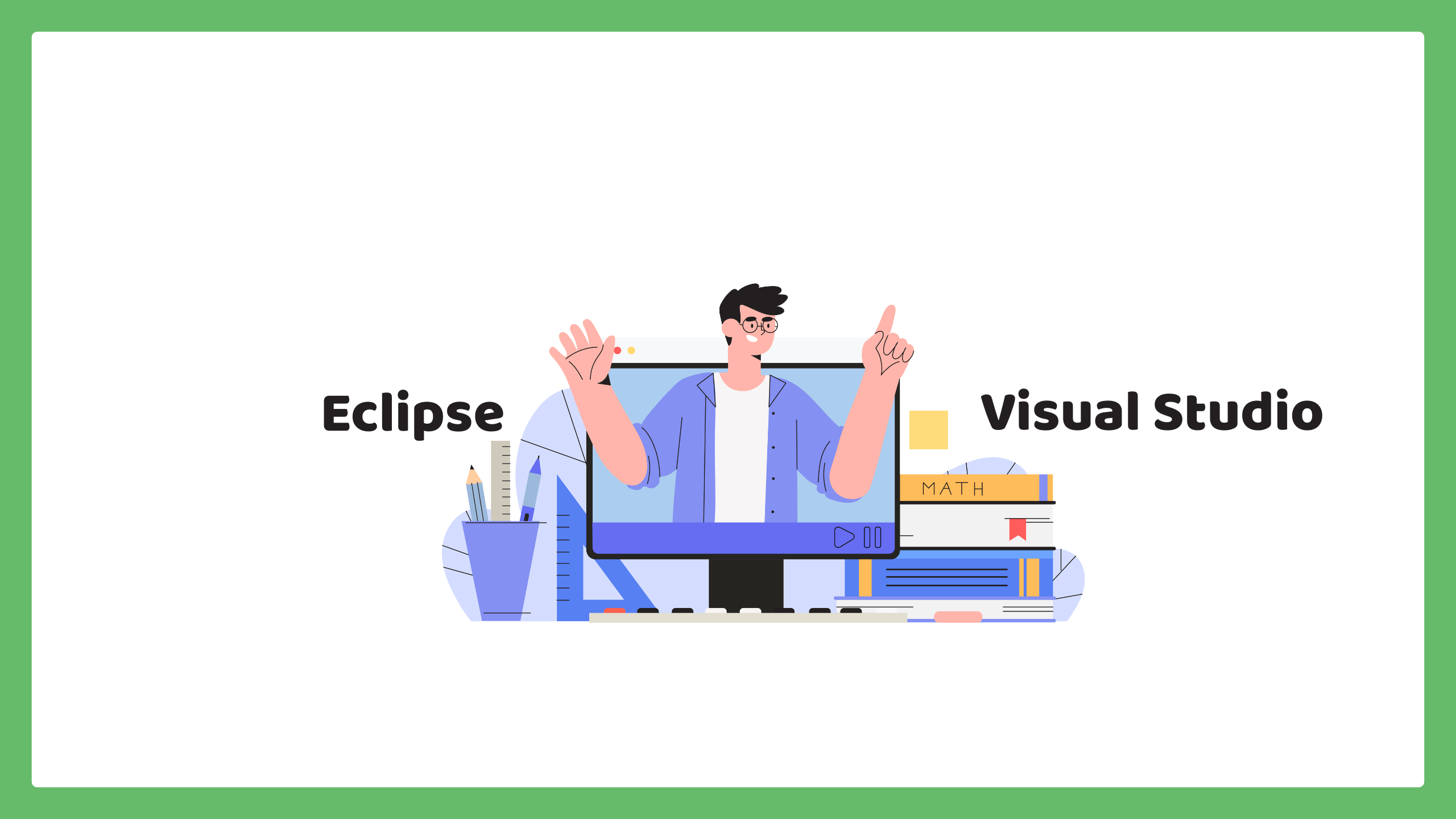Introduced in 1995, JavaScript has revolutionized web development, enabling developers to create dynamic websites and powerful web applications. As one of the most widely used client-side programming languages, JavaScript is essential for processing data on the user’s end. However, JavaScript can be challenging to understand and execute despite its popularity, especially for beginners.
Developers often use an IDE (Integrated Development Environment) to make JavaScript development easier. If you’re unfamiliar with an IDE or how it can help in the development process, let’s explain it.
What is a JavaScript IDE?
An IDE is a software suite that consolidates essential programming tools into a single platform, streamlining the coding process. The main components of an IDE typically include a code editor, debugger, compiler, and automation tools. Instead of writing code in a plain text editor and manually performing tasks like compiling and debugging, an IDE allows you to do it all in one place. It also enhances code readability through proper formatting, syntax highlighting, and auto-completion features.
The next question is likely, “Which is the best JavaScript IDE?” The answer depends on your personal preference and development needs. To help you decide, we’ll compare two of the most popular JavaScript IDEs: Eclipse and Visual Studio.
Eclipse vs. Visual Studio for JavaScript Development
When searching for the best JavaScript IDE, you’ll encounter many options. However, Eclipse and Visual Studio have stood the test of time, becoming the preferred choices for many developers. Here’s a detailed comparison of the two.
1. Proprietary vs. Open-Source Software
Eclipse is an open-source IDE, meaning it’s free to use and developed by a community of contributors. Visual Studio, on the other hand, is proprietary software developed by Microsoft. This distinction brings its own set of limitations for Visual Studio, such as licensing fees and restrictions. Eclipse may be your go-to choice if you prefer open-source software for ethical or practical reasons.
2. Language Support
Both Eclipse and Visual Studio support multiple programming languages. Visual Studio supports languages like C++, VB.NET, C#, and F#. Eclipse, being more versatile, supports Java, C, C++, PHP, Perl, Python, Ruby, and more. While both IDEs offer a strong language stack, Eclipse’s broader support for languages might make it more appealing if you work with various programming languages.
3. Supported Operating Systems
One of the critical differences between these two IDEs is platform compatibility. Visual Studio is primarily designed for Windows-based systems, which can be limiting if you use macOS or Linux. In contrast, Eclipse, being open-source, is available for multiple operating systems, making it a more versatile option for developers using non-Windows platforms.
4. Pricing
Visual Studio is a proprietary tool with a price tag, especially for the full-featured IDE version. However, a free version called Visual Studio Code is a code editor rather than a full-fledged IDE. On the other hand, Eclipse is entirely free to use, making it an excellent option for developers on a budget or those just starting with coding.
5. Ease of Use
While Visual Studio offers a polished user experience, it lacks some advanced features like customizable layouts and window assembly that Eclipse provides. These features allow you to tailor your development environment to your preferences, making Eclipse more flexible in terms of usability. Eclipse might be the better option if you value customization and a more personalized workspace.
6. Plugins
Both IDEs support plugins, allowing users to extend their functionality. However, thanks to its open-source nature, Eclipse has a more extensive plugin marketplace. The active community behind Eclipse continuously develops new plugins to address various needs and challenges. While Visual Studio also offers plugins, Eclipse’s diverse plugin ecosystem gives it an edge in this area.
7. Updates
Eclipse is regularly updated, with the latest version released in March 2022 (2022-03 R). Visual Studio, on the other hand, tends to have less frequent updates. The current version of Visual Studio is 16.11.10, which was released in 2019. If staying up-to-date with the latest features and improvements is essential to you, Eclipse’s more frequent updates might be a significant advantage.
8. Enterprise Options
For enterprise-level development, Visual Studio takes the lead. Microsoft offers extensive support and features tailored to businesses, making Visual Studio a strong choice for larger teams and companies. While Eclipse is widely used in various projects due to its accessibility, Visual Studio’s enterprise offerings provide robust tools and support that Eclipse may not match.
Conclusion
Choosing Eclipse and Visual Studio depends on your specific needs and preferences. If you’re on a budget, just starting with coding, or prefer open-source software, Eclipse is an excellent choice. Its customizable features, broad language support, and regular updates make it a versatile IDE.
On the other hand, if you’re looking for a more polished, enterprise-ready solution and are willing to invest in a paid IDE, Visual Studio is a strong contender. It offers robust tools for Windows-based development and extensive support for larger teams.
Both IDEs have their strengths, and the best choice will depend on your development goals, operating system, and budget. Whichever you choose, both Eclipse and Visual Studio can help you create powerful, efficient JavaScript applications.
